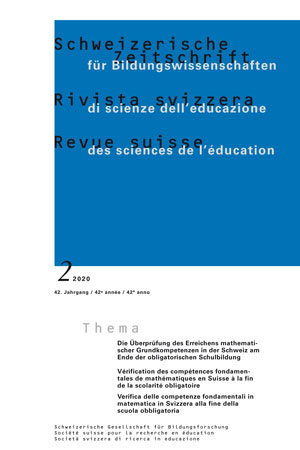Lifelong learning governance and International Organisations
DOI:
https://doi.org/10.24452/sjer.42.2.9Keywords:
Lifelong learning policies, educational governance, international organisations, thematic analysisAbstract
Lifelong learning policies are subject to various approaches of educational governance. Our research presents a hypothesis that lifelong learning policies are creating and engaging with new facets of governance. To test for proof of concept, the lead author conducted interviews with officials and policy makers from international organisations such as the United Nations Education, Science and Culture Organisation, the Organisation for Economic Cooperation and Development, the International Labour Organisation and the Council of Europe. The thematic analysis of the data revealed lifelong learning governance is characterised by an «effects spiral» or «interactive governance» – an institutional formation, functioning and conditioning in decision making of international, European and national actors. A double issue is also highlighted: the economic difficulties (employability, flexi-security, funding and mobility) and the monitoring process (expertise, comparison, transposition, supervision and control), which are prioritised over the social role of education. This is important because it is the social role of education that empowers citizens to realise national, regional, and international strategic plans, and the monitoring process for sustainable development. The thematic analysis reveals new forms of governance in lifelong learning policies, namely collaborative governance, competitive governance, control governance and thematic governance. The authors present this taxonomy on lifelong learning governance with recommendations of how lifelong learning policies can be optimised.



